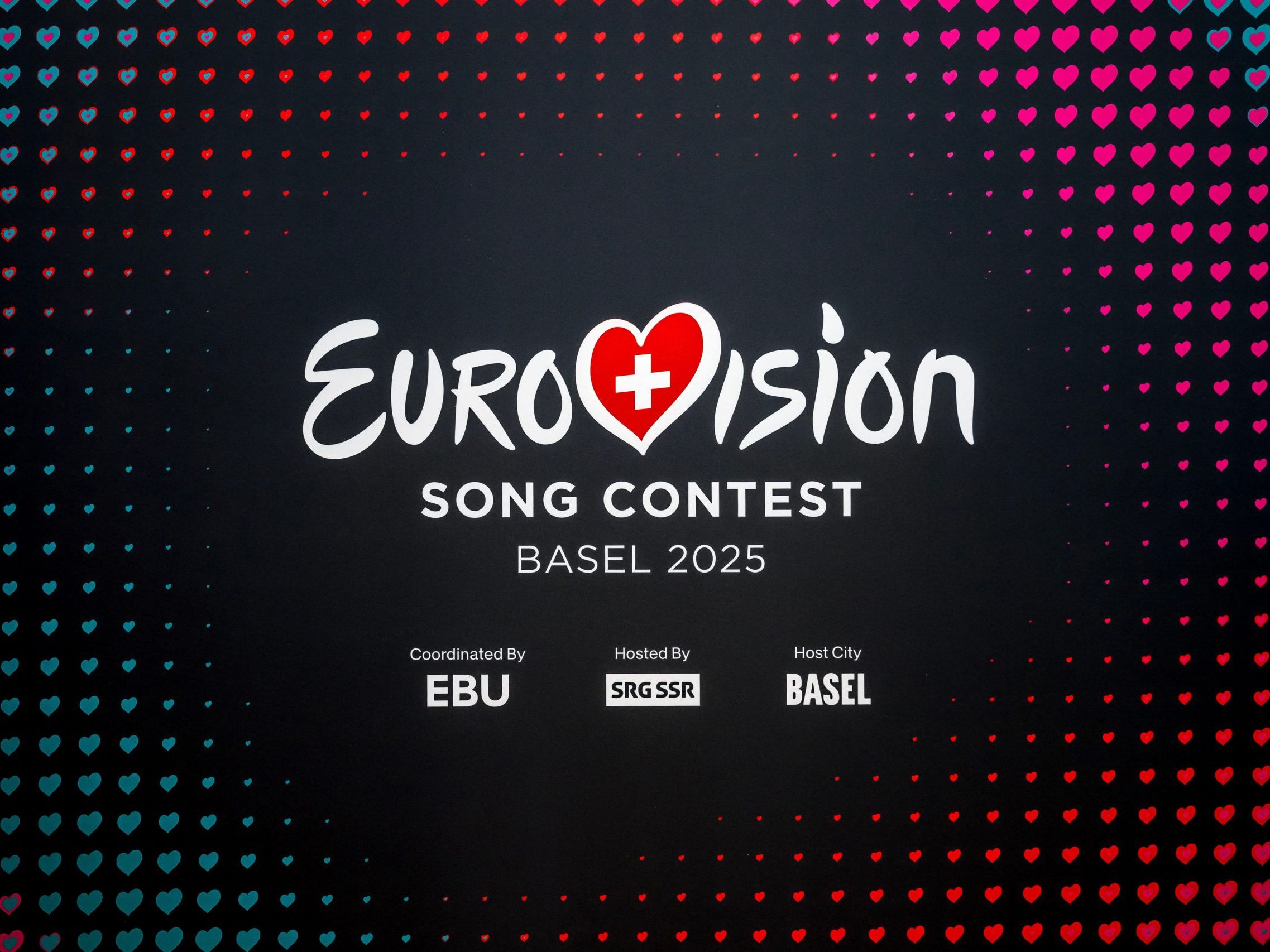Questions and Answers about the Eurovision Song Contest

Here are answers to frequently asked questions about the Eurovision Song Contest.
What exactly is this Eurovision Song Contest again?
In 1955, the European Broadcasting Union (EBU) - an association of state and public broadcasters on this side of the Iron Curtain - decided on a joint project: the Grand Prix of the Eurovision. In 1956, the music competition was held for the first time in Switzerland - with only seven participating countries. Austria actually wanted to participate back then - but they missed the registration deadline. No comment...
Isn't the Song Contest actually called Grand Prix?
Okay, you are apparently a fan of the competition who has to scroll considerably down when entering their birth year in online forms. In German-speaking television, the format was initially called Grand Prix Eurovision de la Chanson or in German Großer Preis der Eurovision, the first edition in Lugano bore the Italian title Gran Premio Eurovisione Della Canzone Europea. By 1960, the competition was called Eurovision Song Contest in Great Britain. In 1992, this title was then standardized internationally. So anyone who still insists on calling it Grand Prix indirectly reveals their birth date...
And this Song Contest always takes place in the country of the previous year's winner, right?
Au contraire, mon ami! After the first three competitions in Switzerland, Germany, and the Netherlands (1956/1957/1958), the rule was indeed introduced that the winning country could host the next ESC - but it doesn't have to. In the past, this honor has been declined, mostly to save costs. The Netherlands (1960), France (1963), Monaco (1972), and Luxembourg (1974) let Great Britain host, and Israel left the 1980 ESC to the Netherlands. Most recently, Ukraine had to let Great Britain take the lead in 2023 due to the Russian invasion and the associated impossibility of hosting such a mega event in their own country.
Okay, I understand. But at least it's clear that the ESC always takes place in the capitals of the host countries, right?
Far from it! Or is Basel the capital of Switzerland?! Exactly. The ESC circus even likes to visit places outside the big metropolises: Less glamorous venues like Harrogate, Brighton, Millstreet, Düsseldorf, or Malmö are on the list of ESC cities. But even though Basel is this year's Song Contest venue away from metropolitan flair, capitals still remain in the majority among the venues, leading with 41:28.
How many countries have participated in the Song Contest so far?
A total of 52 countries are listed in the ESC results, including small states like Andorra, Monaco, and San Marino. Morocco is the only African country that has participated so far (1980), and Australia has been participating since 2015. Finally, there are countries in ESC history like Yugoslavia or the short-lived state duo Serbia & Montenegro that no longer exist today. Of the independent states in Europe, only Liechtenstein and the Vatican have never sent a candidate to the competition. However, the Liechtenstein 1 FL TV has repeatedly sought EBU membership and participation in the ESC. Keep at it!
And who are the top countries in the Song Contest?
That depends on how you define "top." Sweden and Ireland are at the top with seven victories each, although Ireland's last triumph was 29 years ago. Germany, on the other hand, leads in participation: The Federal Republic will be participating for the 68th time this year (Austria for the 57th time). The United Kingdom is leading among the hosts, having hosted the ESC nine times. On the other hand, the flop countries could be those nations that have never won - that's 25 out of 52 participants. Among these, Andorra is the worst: The mini principality has 0 points in its Eurovision final account. This will not change this year due to lack of participation.
How is it possible that Israel, Morocco, or Azerbaijan participate in the ESC?
Look beyond your own horizon! These are participant countries of the Eurovision Song Contest that are not Europeans! The contest does not follow the geographical location in Europe but rather membership in the broadcasting union EBU (European Broadcasting Union) headquartered in Geneva. And the EBU, founded in 1950, currently has 113 members in 56 countries, which also includes nations in North Africa and the Middle East.
Okay, Mr. Know-it-all. And how does Australia get to ESC honors? It's clearly not an EBU member!
That's Austria's fault. Australia - blessed with a fanatical ESC fan community for many years - was actually invited by the ORF as an exception for the anniversary ESC in Vienna 2015. Due to the success of the charming participant Guy Sebastian, the idea was carried on in subsequent years. Austrian makeshift solutions last the longest even on an international level.
(APA/Red)
This article has been automatically translated, read the original article here.





